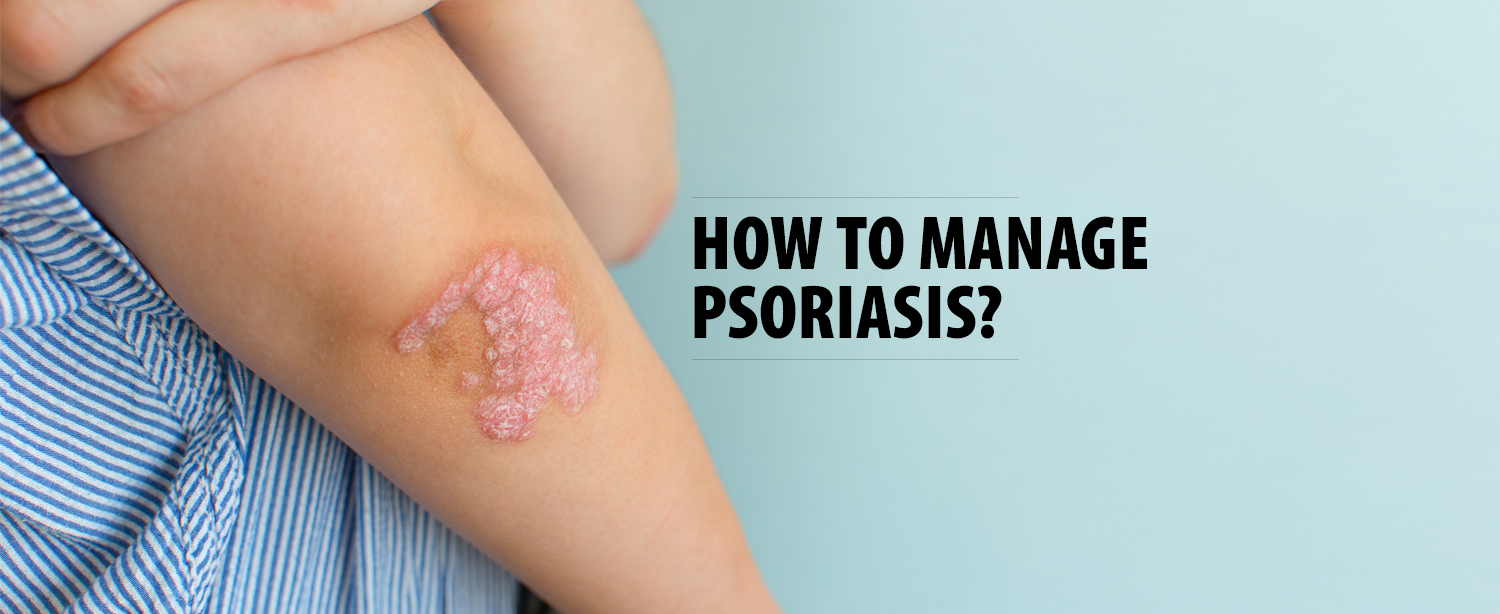Psoriasis is a significant health concern in India, affecting millions of people. Psoriasis is an autoimmune condition that causes inflammation in your skin. According to data from the Global Psoriasis Atlas (GPA), an estimated 3.59 million people in India are impacted by this skin condition. The prevalence of psoriasis among adults in India varies from 0.44% to 2.8%.
Understanding Psoriasis
Psoriasis, a chronic skin condition characterized by red, scaly patches of skin, can be both physically uncomfortable and emotionally distressing. Understanding the condition and exploring various treatment options, however, can empower individuals to manage their symptoms effectively. Psoriasis is an autoimmune condition where the body’s immune system attacks healthy skin cells, causing them to multiply up to 10 times faster than normal. This results in bumpy red patches covered with white scales, typically appearing on the scalp, knees, elbows, and lower back.
Medical Treatments
Medical treatments for psoriasis aim to slow skin cell turnover and reduce inflammation. These include:
- Topical creams
Corticosteroids, vitamin D analogues, and retinoids can help reduce inflammation and skin cell growth. - Light therapy
This involves exposing the skin to ultraviolet light under medical supervision to slow skin cell growth]. - Oral medications
These are usually reserved for severe cases or those resistant to other treatments due to potential side effects.
Living with Psoriasis
Psoriasis can impact your life in many ways. It has a great impact on your quality of life, your self-esteem, clothing preferences, method of symptom management, and general health maintenance. Psoriasis is a chronic condition, but you can keep it under control by following common guidelines and scheduling regular visits with the dermatologist. These include:
- Moisturize
Moisturizing is a first line of defense. Choose the moisturiser that feels the greatest on your skin after experimenting with a few different ones. Keeping your skin moisturised reduces the symptoms of psoriasis. After a bath or shower, you should always apply ointments, creams, or lotions to seal in the moisture. - Take a soothing bath
You could notice that your everyday routine is altered by psoriasis. You might wish to run a warm bath at night in addition to a cool shower in the morning. To soothe red, inflamed skin, try applying coconut oil or Epsom salt and using a mild soap. - Avoid sunburns
Sunburns aren’t healthy for anyone, however they are especially problematic if you have psoriasis. A sunburn can worsen your psoriasis, making you end up with new patches of dry skin on your body. Choose to protect your skin and invest in clothing pieces such as tunics, leggings, hats, and more. - Relieve stress
Stress can contribute to psoriasis and worsen your symptoms. Your first outbreak may have occurred during a stressful time in your life. Research your options to relieve your stress. Take up activities you enjoy, start journaling or spend more time with your loved ones. You can also try deep breathing exercises to cope better with stress.
Psoraisis Treatment at Kokilaben Dhirubhai Ambani Hospital
Timely diagnosis and appropriate care under a trained dermatologist can help manage your condition. In case you see any new symptoms, you must check with your doctor urgently. While there is currently no cure for psoriasis, a combination of medical treatments, natural remedies, and lifestyle changes can help manage symptoms and improve quality of life. Remember, each person’s experience with psoriasis is unique, so it’s important to work with your healthcare provider to find a treatment plan that works best for you. Consult highly experienced skin specialists at our Department of Dermatology for further assistance. Please find below our website link: https://www.kokilabenhospital.com/departments/clinicaldepartments/dermatology.html


